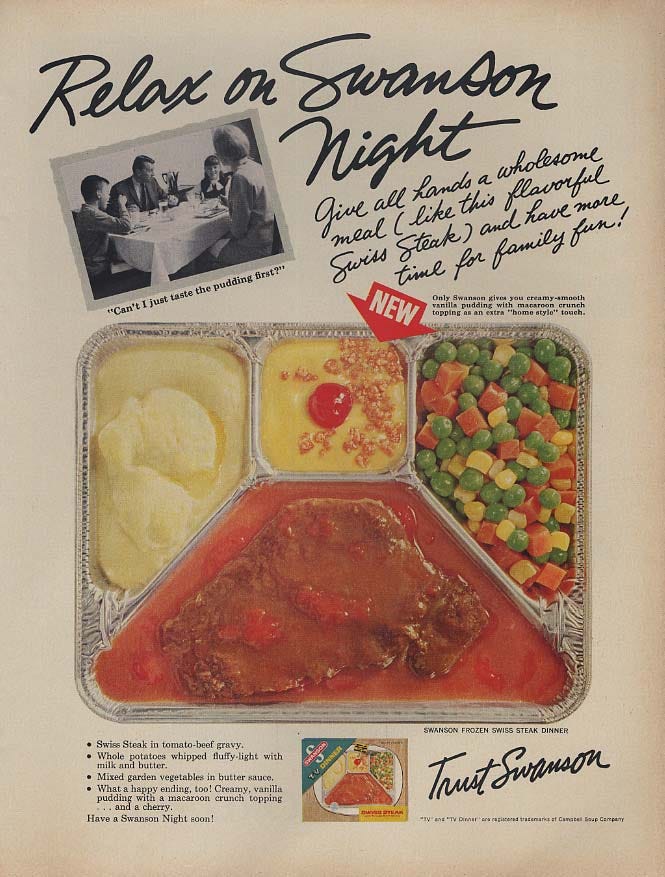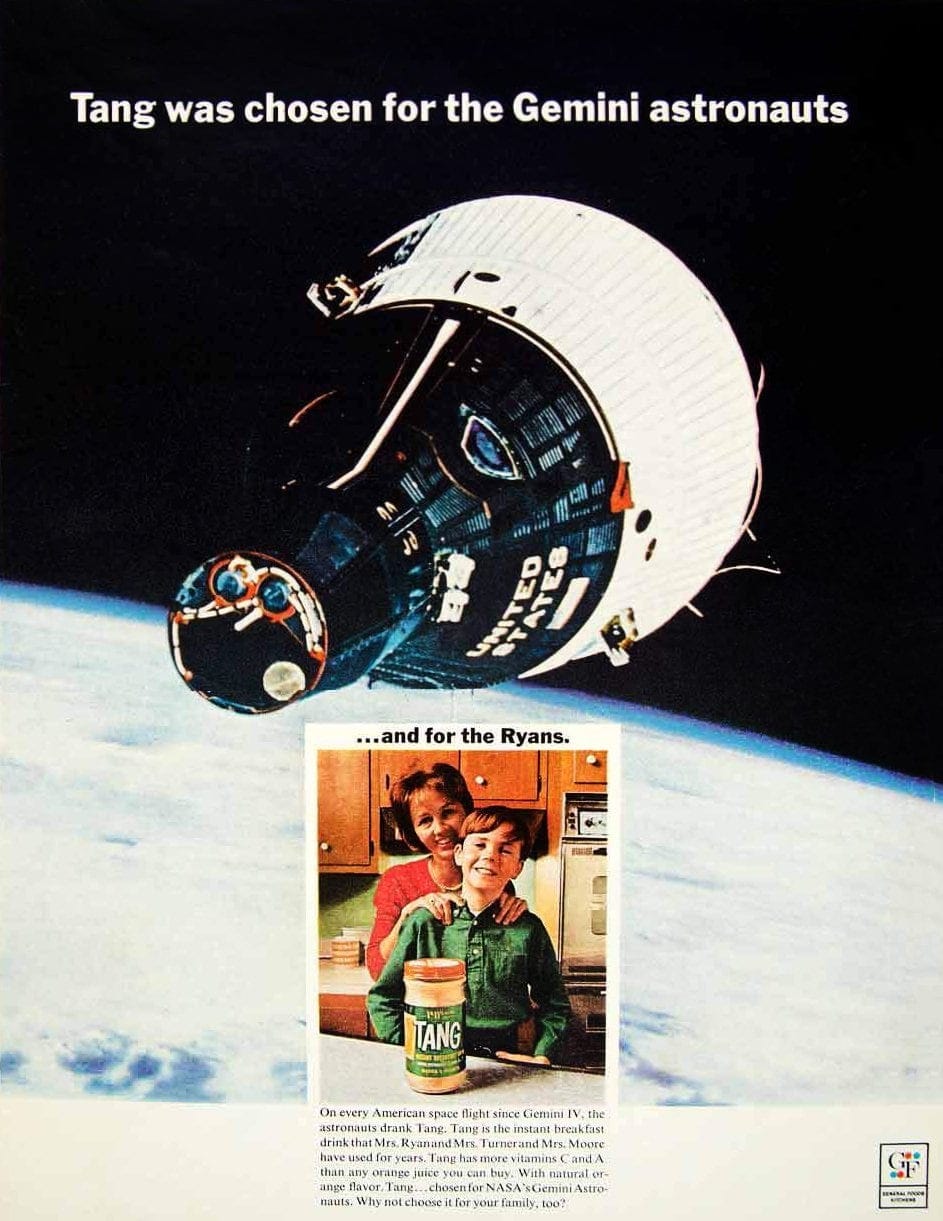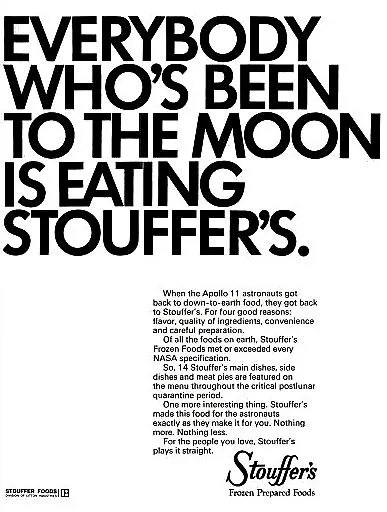This is the 3rd post on the April 1, 2024 session of the IPAK-EDU Director’s Science Webinar featuring the work of Alexis Baden-Mayer.
You can find Part 1 here and Part 2 here.
The April 1, 2024 session of the IPAK-EDU Director’s Science Webinar featured the research of Alexis Baden-Mayer. The research she presented weaves a timeline of people and organizations, from the end of the 19th century to the present, and raises serious questions about the future of food and the intentions of the actors and organizations involved.
The Promise of Future Food
First, watch the beginning of this clip (from Part 2), for context.
Rockefeller, Population Growth, and the American Future
The Nixon era Rockefeller plan of 1969 to shift consumption toward synthetic meats and ‘food from factories’ was paralleled in popular culture as well.
Just a few years prior, Star Trek had presented a fantastic vision of food in the future. The notion of food synthesized by a machine, the Replicator, was planted in the popular imagination. No animals, no crops, no farms, no farmers, no cooking, no people. Food available on demand, without cost. It simply magically appears in a mechanized box with blinking lights.
Desire fulfilled at the touch of a button.
The subtext here is that synthetic food in the future is exactly like the real thing. Indistinguishable. Equivalent. But the notion of the Food Replicator was truly just a step or two beyond the way of thinking that was already becoming commonplace in American households.

Swanson and Son’s frozen heat-and-eat TV dinners were first launched in 1953 with initial sales of 5000 units. In 1950, just 9% of US households owned a television; by 1955, that would balloon to some 64%.1 In 1955, more than 13 million Swanson TV dinners were being consumed annually.2 The selling points were ‘less effort’, ‘family’ and ‘fun’, while paying homage to notions of ‘tradition’ and ‘wholesomeness’. The ads conjured an image of the future wrapped in nostalgia. It’s worth noting that no nutritional claims were ever made in these vintage advertisements. The primary message was simple: ‘Relax’ and ‘Trust’.
Packaged convenience, portability, and long shelf-life inflated the perception of future food in the popular imagination—fed by popular culture and advertising. Those old enough to remember might also recall the widely circulated imagery glamorizing astronauts, the space program, and Space Food.3

Companies like Pillsbury, and their participation in the Space Food program, foreshadowed the rise of the packaged food industry. Paralleled by the rise of chemical agriculture and monoculture crops, there soon followed a literal explosion of packaged foods of every variety, all of which drove the heyday of supermarkets.
Synbio
By the time synthetic biology came to public consciousness in the 1980’s, the advertised promises for the future of food were well-ingrained.
Few remember a Japanese company by the name of Showa Denko and its synthetic L-tryptophan. It was the first recombinant food supplement to be commercialized. Even fewer remember that Showa Denko’s product killed and maimed people who consumed it.
At the time, L-tryptophan was commonly employed to treat insomnia, depression, and more. Early therapies were based on natural tryptophan, contained in many foods: milk, cheese, poultry, even breast milk. In 1988, Showa Denko produced a ‘food-grade’ synthetic L-tryptophan using a newly genetically-engineered bacillus known as Strain V. The FDA chose to classify this synthetic L-Tryptophan as a food supplement rather than a drug. This proved to be a grave error and allowed a product with an unknown safety profile to be sold without adequate testing. And, despite a USP 98.5% purity, the product resulted in an outbreak of eosinophilia-myalgia syndrome (EMS).
Some 37 people were killed and another 1500 permanently disabled.
The danger of synthetic biology in the food supply had reared it’s head.
Watch this clip.
Synthetic Biology, Sludge Fed to Prisoners, and Agricultural Consolidation
What the Showa Denko incident reveals is a recurring theme: reckless manipulation of natural processes and systems justified by the pursuit of profit can yield dangerous, even deadly, results. The downstream outcomes of widespread use and consumption of the products of synthetic biology are still not fully known. And while caution ought to rule the day, the corporations and their advertisers would have the public believe otherwise.
The lessons of the past (apparently) remain unlearned, at least as far as government regulators are concerned. And the mythology of Future Food is still very much in play.
Watch the next clips below.
China’s Pork Monolith, Synthetic Blood, and Synthetic Milk
DARPA and a Dystopian Future of Food: Meals from Microbes
Where will this all lead?
There are powerful interests shaping the future of food, and the future of farmers, their farms, the soil, and the health of all, is inextricably intertwined.
Alexis Baden-Mayer advocates for a deep consideration of how consumers make choices in this context and how those choices affect the fates of farmers and the future of food.
If you aren’t ready to give up real food, you can watch the full talk and discussion by clicking the button below.
#questioneverything
Information wants to be free—and over 90% of the content here is accessible to anyone. But everything takes care and time. If you like what you see, and you’re willing and able, consider leaving a tip. Every a little bit helps. Thank you!
Please leave your thoughts in the comments, if you’re so inclined.
Paid subscribers to Twisting Strands will get access to a growing catalog of video shorts for an easy-to-watch, deeper perspective. Consider upgrading your subscription—you’ll be glad you did.
Subscribers to the IPAK-EDU Director’s Science Webinar get full access to webinar recordings, including this 2.5+ hour session with Alexis Baden-Mayer.
Your support of the webinar and IPAK-EDU makes this possible!
Check out Alexis on Substack and her work at the Organic Consumers Association.
References
https://www.smithsonianmag.com/arts-culture/brief-history-tv-dinner-180976039/
https://nostalgiacentral.com/pop-culture/food-drink/tv-dinners/
https://www.mashed.com/203338/the-untold-truth-of-tang/








and toward vegtables - that was not a huge part of anyones diet and now we have them everywhere